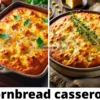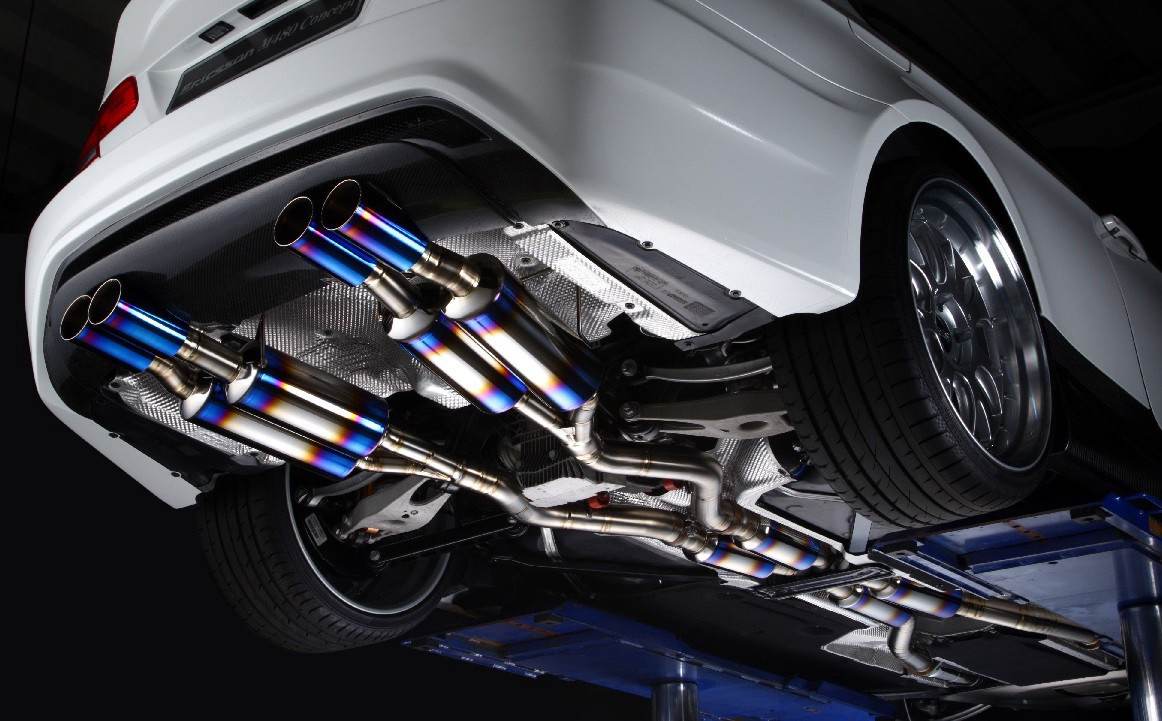In the fast-paced world of catering, selecting the correct cookware can greatly impact your company’s performance. Your cookware’s quality, durability, and practicality are critical in providing your customers with excellent culinary experiences.
With so many options available, choosing the cookware that best meets your catering needs might take a lot of work. When starting a catering business in Liverpool, selecting the right catering equipment Liverpool has to offer is crucial for a smooth and efficient operation.
Choosing The Right Cookware For Your Business:
It is critical to examine the individual needs and characteristics of your culinary offerings when buying cookware for your catering business. If your catering company specializes in delicate sauces and careful temperature control, investing in copper or tri-ply stainless steel cookware with outstanding heat conductivity would be advantageous.
Choosing robust and roomy stockpots, roasting pans, and sheet pans, on the other hand, would be more practical if you routinely cook huge quantities of food for buffets or banquets.
Enhancing Culinary Presentation with Stylish Cookware
Don’t underestimate the significance of visual appeal. Presentation of visually appealing dishes is an important component of catering. Consider cookware with gleaming finishes or attractive designs to enhance the presentation of your culinary masterpieces.
You may improve the overall dining experience for your clients and build a distinct character for your catering business by aligning your cookware choices with your specific menu requirements and visual aesthetics.
1. Consider the Cooking Material
Cookware material is important because it impacts cooking performance, heat conductivity, durability, and maintenance requirements. The following are some common materials found in professional cookware:
- Stainless Steel: This material is well-known for its tensile strength, non-reactive qualities, and resistance to rust and stains. Stainless steel pans and pots are versatile, easy to clean, and appropriate for various cooking methods.
- Aluminum: Aluminum cookware conducts heat well, resulting in equal heat distribution. It is portable, inexpensive, and great for recipes that require exact temperature control. On the other hand, pure metal can react with acidic foods, so search for anodized or coated aluminum solutions.
- Copper: Copper cookware has excellent heat conductivity, allowing for precise temperature control. It responds fast to temperature fluctuations, making it excellent for delicate dishes. On the other hand, pure copper requires regular polishing, so choose copper-clad or copper-core cookware for easy upkeep.
2. Assess Construction and Design
Your cookware’s construction and design impact its performance and lifetime. Look for the following characteristics:
- Tri-Ply or Multi-Ply: Choose multilayer cookware, such as tri-ply or multi-ply, which comprises numerous metal layers (e.g., stainless steel-aluminum-stainless steel). This design optimizes heat dispersion, eliminates hot spots, and increases durability.
- Riveted Handles: Riveted handles provide a secure hold and stability when carrying heavy pots or pans. Handles that are insulated or heat-resistant are also necessary to avoid burns.
- Tight-Fitting Lids: Lids that fit snugly help retain heat, speed up cooking times, and moisten meals. Look for lids that include heat-resistant grips and steam vents for controlled steam output.
3. Prioritize Versatility and Flexibility
When choosing cookware for a catering business, adaptability is essential. Consider the following elements:
- Compatibility: Check if your cookware is compatible with different heat sources, such as gas, electric, induction, and oven cooking. This enables you to adapt to various culinary setups and settings.
- Oven-Safe: Choose cookware that lets you finish meals in the oven or keep them warm until serving.
- Stackable: For catering enterprises, space efficiency is critical. Look for stackable cookware to make storage and transit easier.
4. Evaluate Maintenance and Durability
Prioritize cookware that is easy to maintain and constructed to last to streamline your catering operations:
- Dishwasher-Safe: Determine whether your cookware is dishwasher-safe, as this will save time and effort while cleaning. On the other hand, handwashing is frequently recommended to extend the life of specific types of cookware.
- Nonstick Coating: Nonstick cookware is ideal for delicate foods and reduces extra oil or fat need. However, remember that the nonstick coating may wear off with time, especially if used frequently.
- Durability: Consider the brand’s quality and reputation. Investing in long-lasting cookware may be more expensive up front, but avoiding frequent replacements will save you money in the long run.
5. Seek Reviews and Expert Advice
Conduct a careful study before making a final decision by reviewing consumer evaluations, interviewing catering industry experts, or obtaining guidance from experienced chefs.
Their experiences and recommendations might provide useful information about the performance and dependability of various cookware brands and types.
The availability of versatile and energy-efficient catering equipment Liverpool has to offer allows you to adapt to different event spaces and cater to varying guest capacities with ease.
Conclusion
Choosing the best cookware for your catering business necessitates carefully considering several aspects, including material, construction, adaptability, and upkeep.
Investing in high-quality cookware can improve your clients’ culinary experience and increase the efficiency and productivity of your catering operations.










